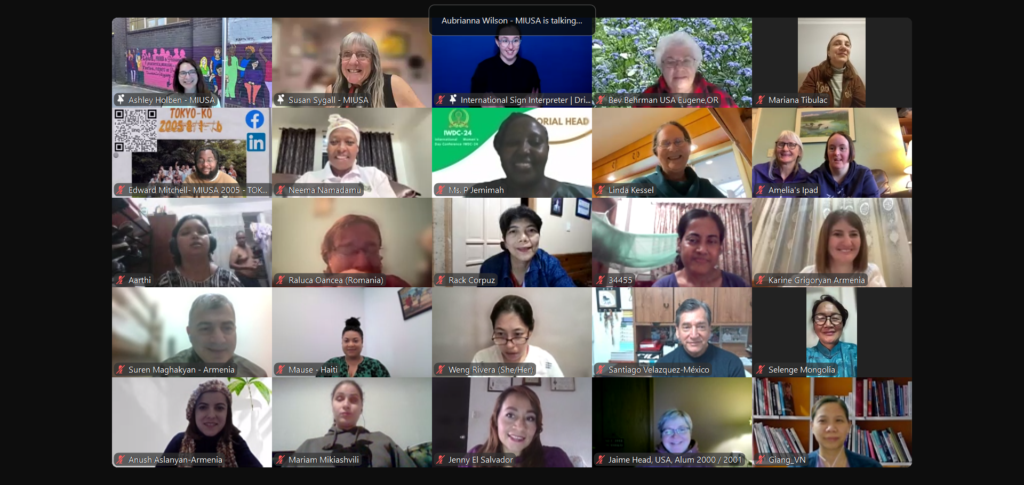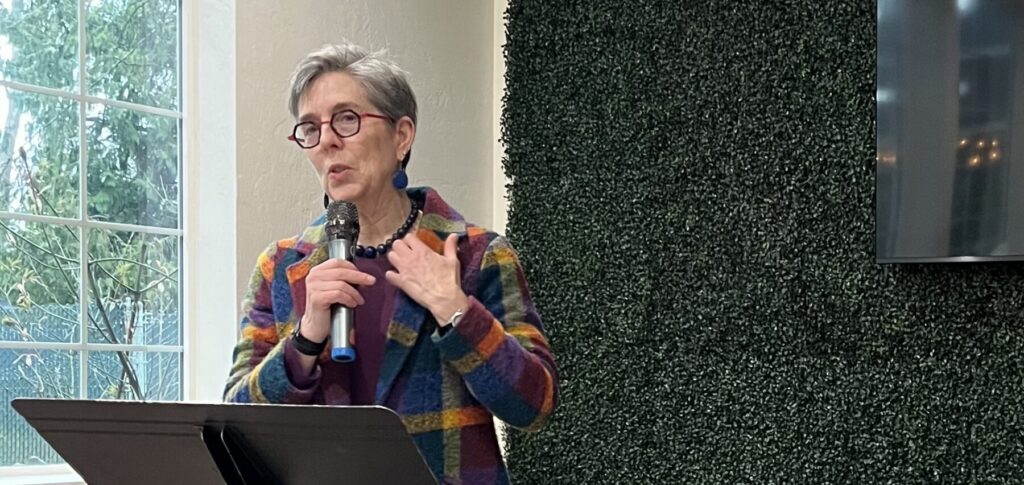More and more students with mental health disabilities are bringing emotional support animals (ESAs) on overseas programs. Conflicts between cross-border definitions of assistance animals and peers who have severe allergies to pet dander have left professionals scrambling to respond. Here are some of our suggestions for one professional who contacted us through our Inquiry and Referral service:
“I am working with our Education Abroad program on a possible student request. Does anyone have experience with ESAs in Europe and if so, what advice would you give? If housing disallows animals, would the university be responsible for finding housing that does allow animals?”
It’s great that your institution is working with the student on this request. Some questions to consider: Could the animal travel in a carrier on a plane? Does the student usually take the dog with them to class, or do they leave the dog in their apartment or dorm?
There is a lot of confusion about the difference between emotional support and service animals. In a nutshell:
Whether documentation can be requested, the kind of documentation available, and even in some cases the kinds of services that are recognized can vary from country to country.
When they fly, they will likely be expected to have the dog in a carrier or in the cargo hold, but some countries in Europe are quite welcoming to dogs regardless of whether they are performing a specific task, providing emotional support, or just accompanying the owner.
In terms of deciding who might cover the extra costs that might be incurred from the student’s housing or transportation such as extra dog fees at hotels, I would ask if the campus already spends extra on this in some way or another. Does the student get a dorm room to themselves because of their animal? It might be something that the school is already paying for at home, and it likely would not cost much more abroad to cover the costs in full, or to at least share them with the student. It might be a charge for the international exchange program’s reasonable accommodation fund for participants with disabilities. We discussed what that might look like in our article on funding accommodations.
There are pet friendly public spaces and housing situations. If the hotels on the itinerary do not accept pets, you can look for others that do. Airlines have policies on traveling with service and emotional support animals as long as the student is able to provide a doctor’s letter and they don’t mind traveling with the dog in a carrier. Dogs are even welcome on trams, buses and in museums, restaurants and stores.
The USDA animal and plant health inspection service offers great resources on how to apply for permission to bring an animal into Germany. These rules are exactly the same whether you are talking about a pet, and emotional support animal or a service animal.
Now you!
How did we do? Is there anything that you would have added or left out? Drop us a line at clearinghouse@miusa.org to share your thoughts.
Sign up for our E-News






Manage Your Privacy